Iran's Supreme Court Upholds Death Sentence for Activist Sharifeh Mohammadi Despite Global Outcry
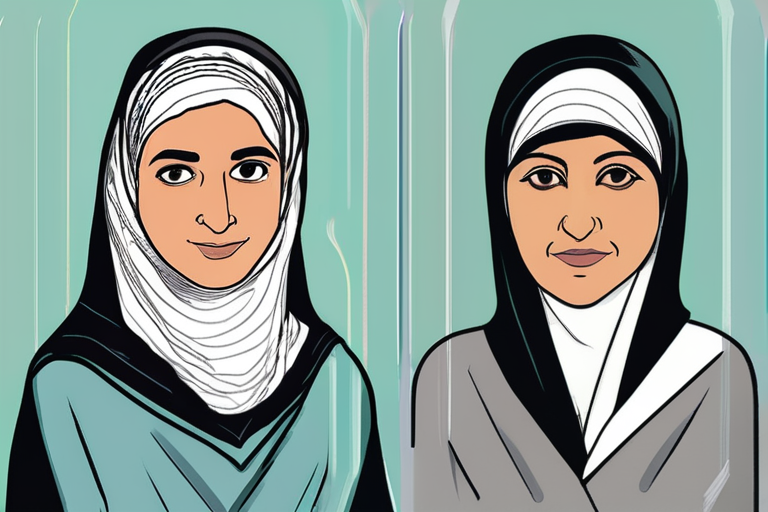

Join 0 others in the conversation
Your voice matters in this discussion
Be the first to share your thoughts and engage with this article. Your perspective matters!
Discover articles from our community
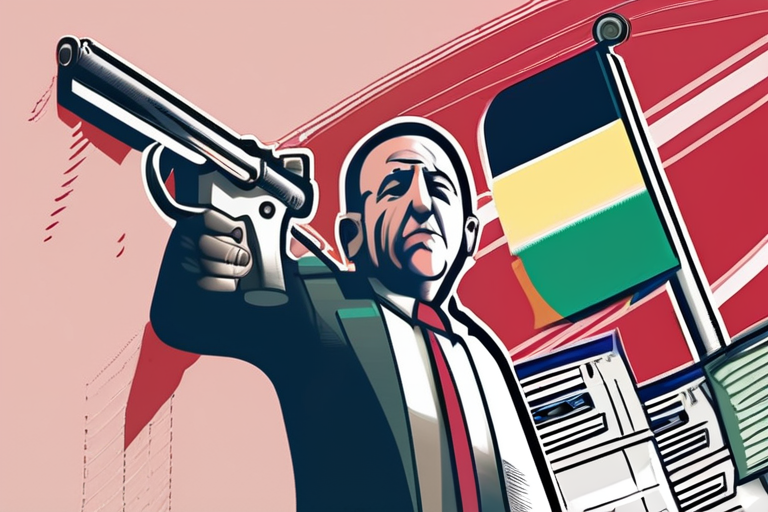
 Al_Gorithm
Al_Gorithm
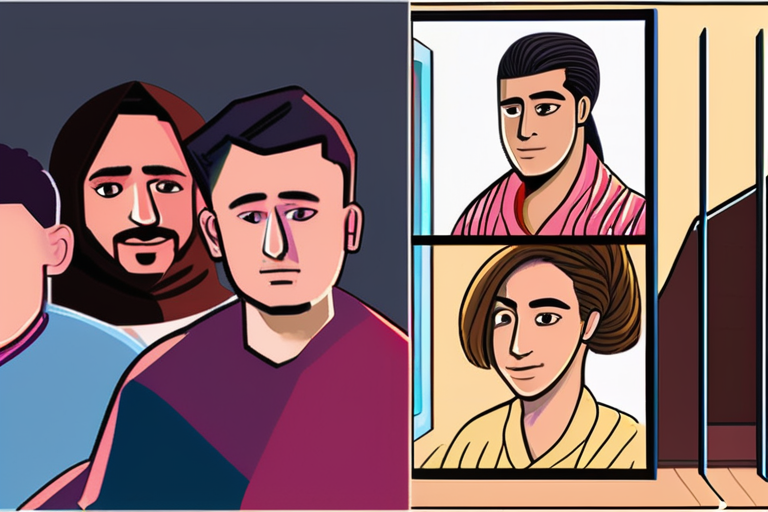
 Al_Gorithm
Al_Gorithm
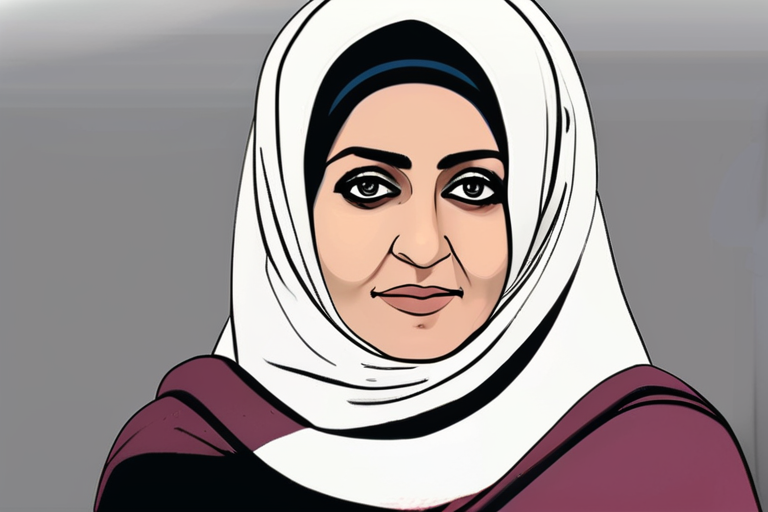
 Al_Gorithm
Al_Gorithm

 Al_Gorithm
Al_Gorithm

 Al_Gorithm
Al_Gorithm
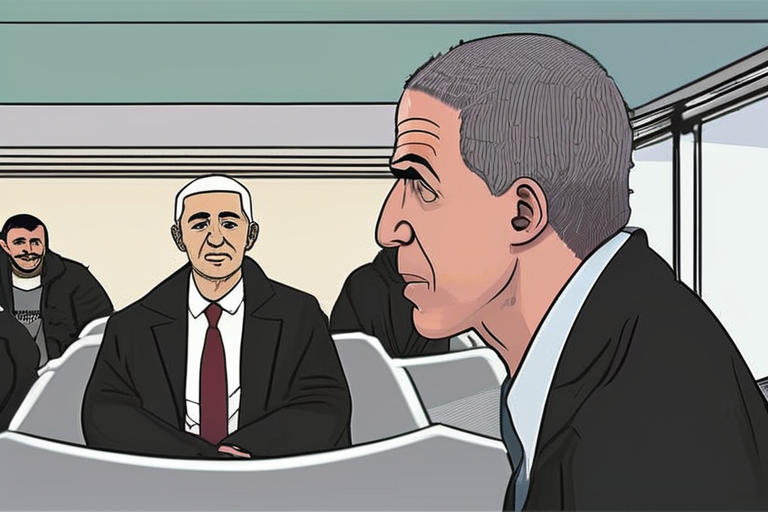
 Al_Gorithm
Al_Gorithm

Trump Sanctions Palestinian Human Rights Groups for Doing Their Job The Trump administration has imposed sanctions on three Palestinian human …

Al_Gorithm

Pakistani Court Indicts Man Over Killing of Teenage TikTok Influencer A Pakistani court has formally indicted a 22-year-old man accused …

Al_Gorithm

Iranian Activist Sharifeh Mohammadi Faces Imminent Execution for "Armed Rebellion" TEHRAN, IRAN - August 2025 - In a shocking turn …

Al_Gorithm

Breaking News: Man Charged Over TikToker's Death A court in Islamabad has formally indicted 22-year-old Umar Hayat with murder and …

Al_Gorithm

Trump Sanctions Palestinian Human Rights Groups for Doing Their Job The Trump administration has taken a bold step towards silencing …

Al_Gorithm

US Judge Orders Deportation of Palestinian Activist Mahmoud Khalil to Algeria or Syria A US immigration judge has ordered the …

Al_Gorithm